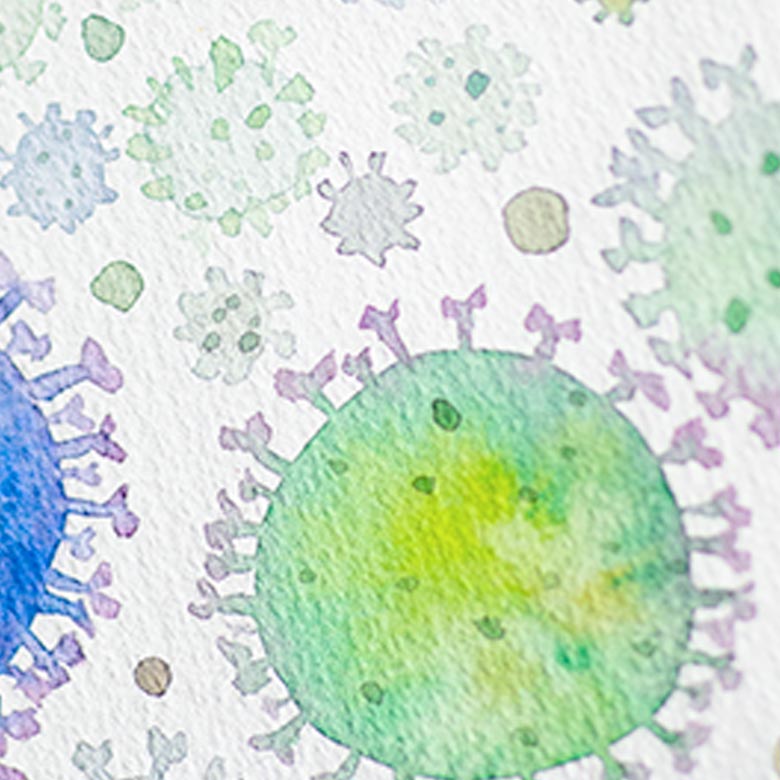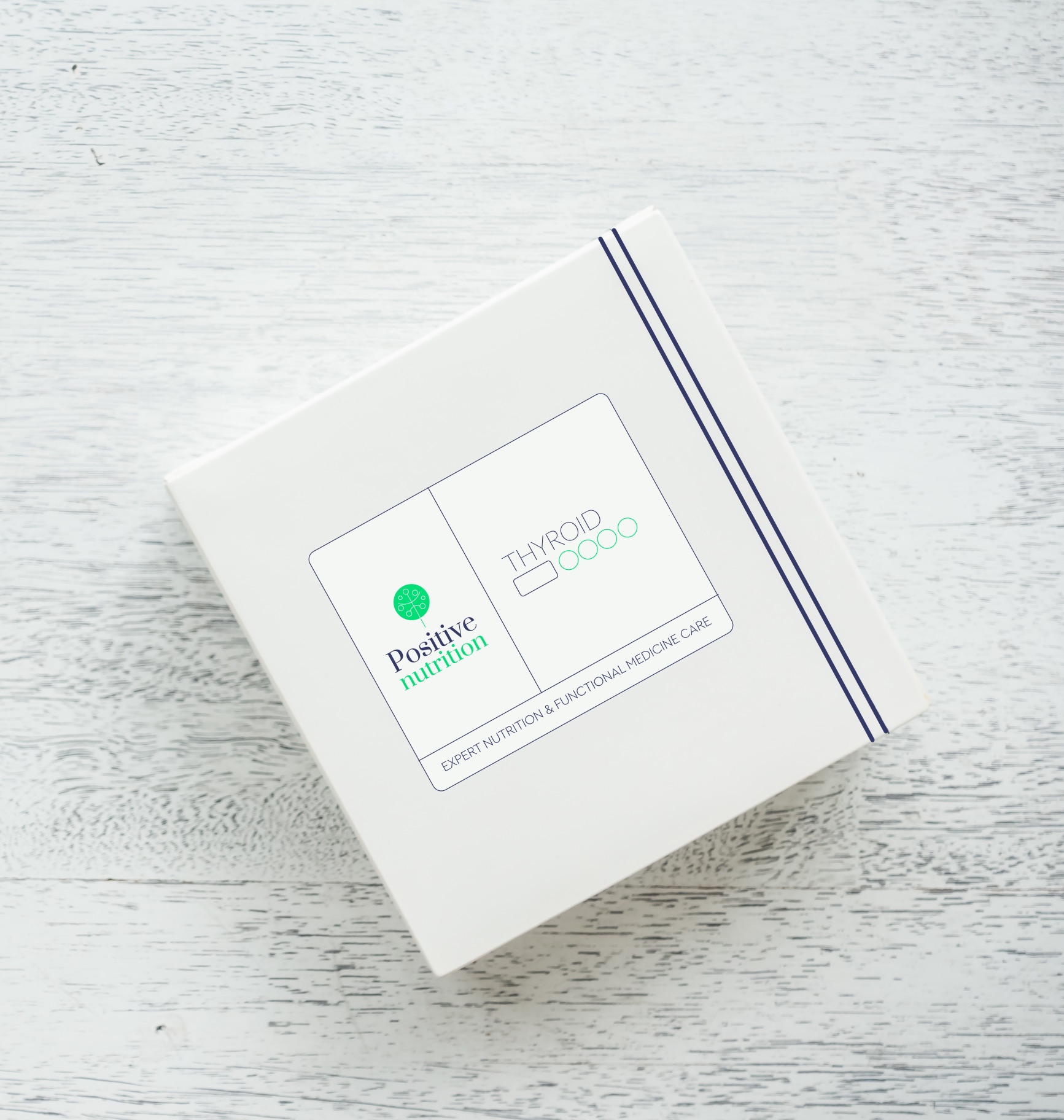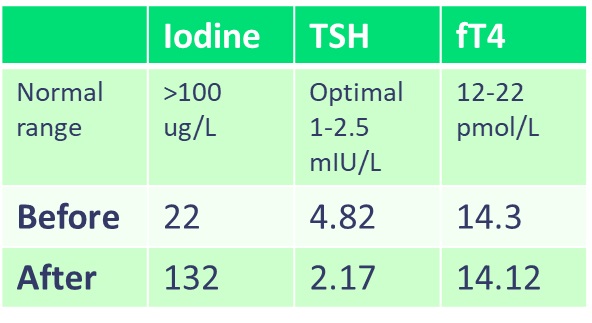Iodine Test


Iodine Test
€95 + shipping
Iodine is the most important mineral for your thyroid function – all thyroid hormones are made with a core of iodine. If you have too much or too little, your thyroid may not function optimally.
Who can benefit from this test?
Your nutritionist may recommend this test if you have:
- Symptoms of thyroid dysfunction such as fatigue, poor hair and skin quality, difficulty managing weight, hormonal imbalances, changes in body temperature or mood
- Diagnosed thyroid condition, e.g. Hashimoto’s disease, even if on medication (Eltroxin) but are still experiencing symptoms
- Subclinical thyroid dysfunction or may be in the early stages
- TSH is less than 1 mIU/L or over 2.5 mIU/L which is considered ‘normal’ but not optimal, particularly in the case of fertility or pregnancy
- Unexplained infertility or recurrent miscarriages

Learn More about our Urine Iodine Test
Urine sample (at home)
Urine iodine is often measured as part of a larger profile for thyroid health but can be measured singly to monitor dietary and supplement changes. Excess iodine or supplementing blindly can cause damage to the thyroid and increase thyroid antibodies.
This test measures:
- Iodine (urine)
Works well with:
- Thyroid Nutrient Profile
We published this case study in a medical journal to demonstrate the efficacy of testing iodine in correcting thyroid function.
‘A 66 year old woman presented with symptoms of lethargy, extreme fatigue, weight gain despite efforts to reduce calories, constipation and distension and hot flashes. Thyroid function tests indicated mild subclinical hypothyroidism, with no thyroid antibodies. Her dietary intake of iodine was low and her urine sample indicated a very low level. The patient started a dietary and supplement protocol to improve her iodine levels.
After three months, the patient reported that her energy and wellbeing was markedly improved, she was no longer fatigued, was beginning to lose weight and there was complete cessation of hot flashes. Her digestion had also markedly improved with a daily well-formed bowel movement.’
Key findings:
- Very low iodine levels on initial test with subclinical hypothyroid level – raised TSH
- Optimal levels of iodine and optimal TSH levels on repeat after 3 months
Reference: C Wright H Leeson (2018) Assessing Iodine Status in Frontline Healthcare Journal of Nutrition and Medical Diet Care 4:028
